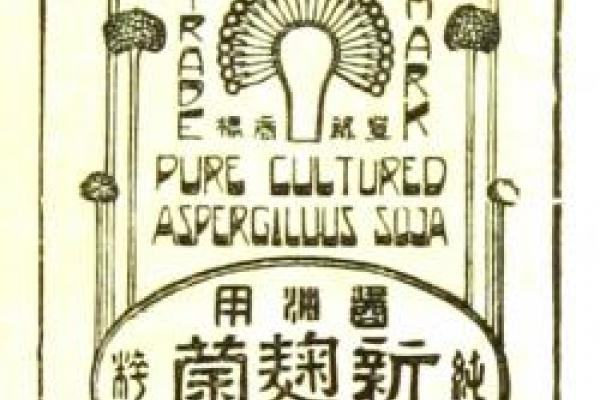
The Institute for Japanese Studies presents:
Victoria Lee
Assistant Professor of History
Ohio University
Lecture Title: Engineering Plenty: Nutrition, Environment, and Fermentation Chemistry in Interwar Japan
Flyer: Forthcoming
Abstract: A scientist of the early twentieth century once described the molds and yeasts kept in Japanese laboratories as being like “microbial gardens”—collections of useful objects, like plants, that could be cultivated for specific purposes. With the importance of traditional brewing in the Japanese economy, microbes’ (especially kōji and other molds used in Asian brewing) ability to transform the chemical composition of their surroundings gradually became a broader tool to intervene in political economy and the environment. Between military and industrial expansion on the one hand, and massive rice riots as well as unprecedented Malthusian visions of social instability and agricultural resource limits on the other, the management of national production in such everyday areas as the food and alcohol industries was a critical problem in interwar Japanese society. In this light, this talk looks at fermentation chemistry in imperial Japan: the ways in which it sought to alter the national-level relationships between resources and consumption, as well as vividly reflected the use of regional knowledge in practice.
Bio: Victoria Lee is Assistant Professor in the Department of History at Ohio University, where she teaches and writes about modern science and technology. She is currently writing a book about Japanese society’s engagement with microbes in science, industry, and environmental management. Lee has published in Osiris, Historical Studies in the Natural Sciences, and New Perspectives on the History of Life Sciences and Agriculture (eds. Denise Phillips and Sharon Kingsland), and was a postdoctoral fellow at the Max Planck Institute for the History of Science, Berlin. She holds a bachelor’s degree in physics from the University of Cambridge, a master’s degree in history of science from Imperial College London, and a Ph.D. in history from Princeton University.
Free and Open to the Public
This event is co-sponsored by OSU's Department of History and is supported by a U.S. Department of Education Title VI grant to The Ohio State University East Asian Studies Center.
